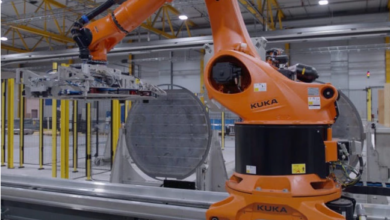SSAB to deliver hydrogen made green steel to Mercedes-Benz
The partnership will help accelerate the development and production of CO2-free steel in Europe.

SSAB (the Swedish steel manufacturer) and Mercedes-Benz (the German automaker) have launched a partnership to introduce CO2-free steel, using hydrogen, into vehicle production.
SSAB will use hydrogen instead of coking coal to make steel. Hydrogen is used to reduce iron oxide to crude iron, an essential step towards a complete green steel value chain with virtually no CO2 emissions. The first prototype parts for body shells made of SSAB´s fossil-free steel are already being planned for 2022.
SSAB has already been operating a pilot plant for fossil-free steel. It aims to supply fossil-free steel on an industrial scale to the market by 2026 after converting its Oxelösund blast furnaces to an electric arc furnaces and using HYBRIT technology. The technology replaces coking coal with renewable power and hydrogen. This process virtually eliminates carbon dioxide emissions in steelmaking.
Martin Lindqvist, President and CEO of SSAB, said, “We are building an entirely fossil-free value chain all the way to the end customer.”
Mercedes-Benz aims to be ready to go all-electric by 2030. It plans to make its passenger car fleet CO2 neutral along the entire value chain, including the supplier network. It also pursues a green steel supply chain and focuses on avoiding and reducing CO2 emissions instead of compensation.
